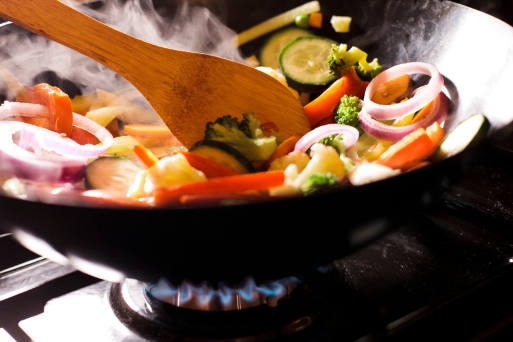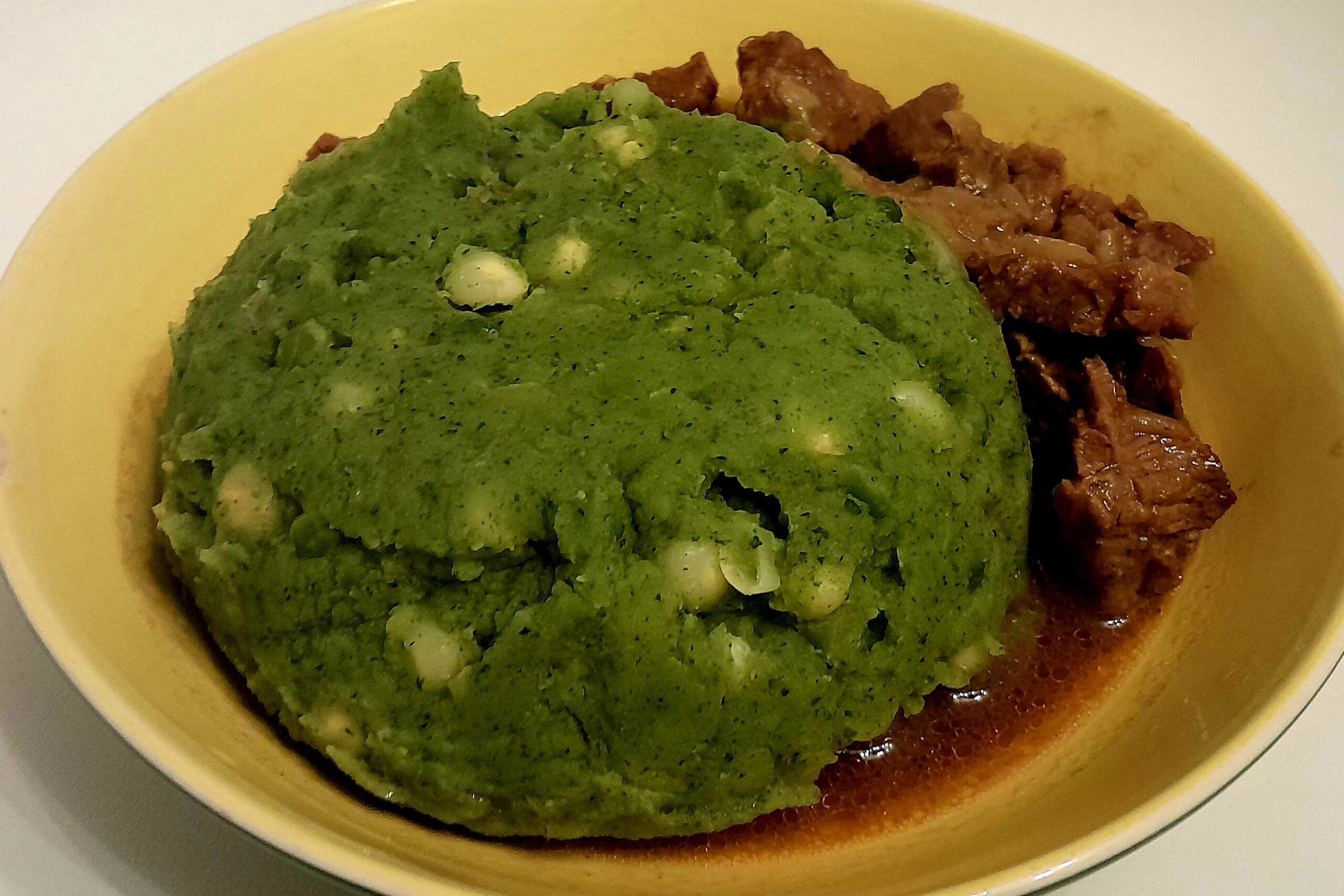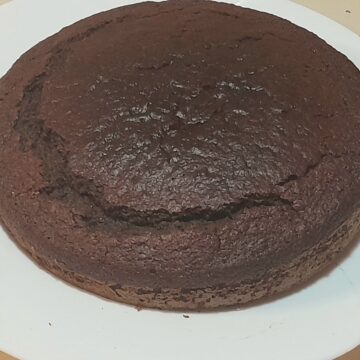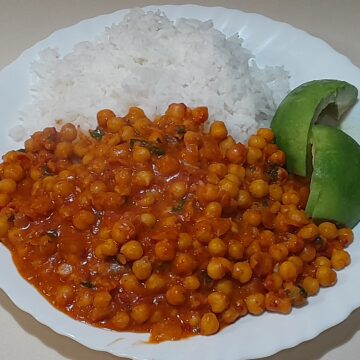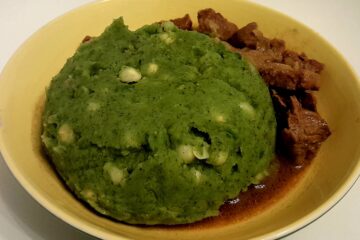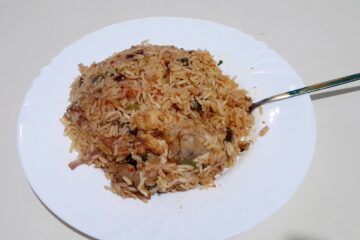Are you an amateur in cooking? do you find yourself wondering why your food is not coming out as desired? It is easy for a creative cook to cook his/her way out of an error, but smart cook prevents such creativity being necessary. Here are a few cooking dos and don’ts to observe to help you avoid common cooking mistakes and become a better cook.
- Do prepare in advance. Read the recipe through atleast once before you get started. This will help you to get all the ingredients prepped before you start cooking. I remember one day I put salt in a recipe that required sugar just because I had not read the recipe well. It was very embarrassment because I was cooking for a function.
- Don’t cook meat straight from the fridge. You should let the meat come to room temperature before cooking. This is because you run the risk of burning or drying the exterior while the interior of the meat hasn’t cooked through. If you want your meat to cook evenly, let it come to room temperature first before cooking.
- Do give the pan enough time to get hot. If the oil in the pan is not hot enough, your food will stick to the pan. Heat the pan for about 2 minutes before adding the oil or butter. Let the oil shimmer and the butter to foam before cooking.
- Don’t overcrowd the pan. Overcrowding the pan prevents the food from browning properly. When food is cooking, it releases steam more so when it is packed. When the steam does not escape due to overcrowding, it causes sogginess and food does not brown properly.
- Do remember to taste food as you cook. You should test food as you cook to adjust seasoning and spices. This will put you in control of your cooking and end result.
- Don’t turn food too often. Give food enough time to cook on one side before turning over. Turning food too often or even poking it make it drier in case of meat or take longer to cook. When meat is poked it releases its liquid thus making it dry up quickly.
- Do let meat rest. Meat continues to cook when it is removed from the heat. You should let meat rest for about 5 minutes depending on the amount of meat. This allows it to relax and retain its juices, making it juicier and tastier.
- Don’t boil when you should simmer. Simmering is cooking food at a lower temperature than the boiling point. It is a gentler way of cooking than the boiling thus preventing food from toughening, burning or breaking. The difference between boiling and simmering can have a huge impact on results of the cooked food.

